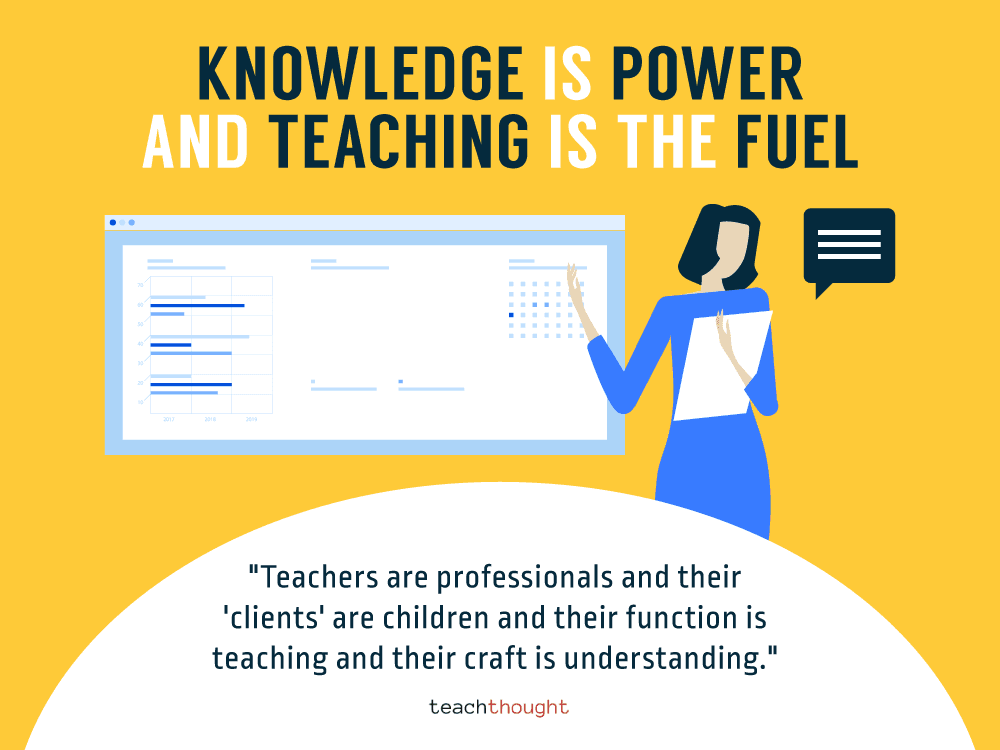Let’s face it. Everyone wants to learn faster. Whether you’re working with a maths tutor in Brisbane or studying on your own, your learning style matters. Many students rely on math tutors or English tutors to speed things up, but sometimes what holds them back isn’t effort — it’s misinformation. Learning myths are everywhere. And the worst part? Most sound like good advice. Let’s clear the air. Here are five common myths that slow you down — and the simple truths that can set you free.
Myth #1: You’re Either Smart or You’re Not
This one’s a confidence killer. The idea that intelligence is fixed? False. Totally outdated.
What actually works:
Brains grow with use, just like muscles. Scientists call this neuroplasticity. When you practice something, the brain creates stronger connections. The more you try — even if you fail — the better your brain gets at doing it. Struggling doesn’t mean you’re not smart. It means you’re building strength.
Myth #2: Re-reading Is the Best Way to Study
Re-reading might feel safe. Familiar. Easy. But it’s not helping as much as you think.
What actually works:
Active recall. It’s the opposite of passively staring at notes. Ask yourself questions. Try to write what you remember without looking. Teach the concept to someone else. This forces your brain to dig deeper, making the memory stronger.
Myth #3: You Need to Study for Hours to Make Progress
Long hours don’t always mean better results. If your brain’s exhausted, you’re just spinning your wheels.
What actually works:
Short, focused sessions. The best learners often use the Pomodoro method — 25 minutes of study, 5-minute break. After four rounds, take a longer break. You’ll stay fresher and absorb more in less time. It’s not about cramming. It’s about consistency.
Myth #4: Multitasking Helps You Get More Done
Answering texts while studying? Watching videos in the background? Sounds like a time-saver, but it’s not.
What actually works:
Single-tasking. Your brain isn’t built to do two things that require focus at once. It switches back and forth, losing time and energy in the process. You’ll finish faster and remember more if you give your full attention to one thing at a time.
Myth #5: Some People Just Aren’t “Math People”
You’ve probably heard this in school. Maybe you’ve said it yourself. But there’s no such thing as a “math person.”
What actually works:
Everyone can get better at math. It’s about how you learn, not if you can learn. Good math tutors break down concepts into steps that make sense. They use real-world examples. They make it click. If something doesn’t make sense right away, that’s okay — it just means you need a different approach.
Final Thought
Don’t let old myths slow you down. Learning isn’t about being perfect. It’s about being persistent. The best students? They keep showing up. They challenge their beliefs. They ask questions. And they figure out what really works — for them. So next time you sit down to study, ditch the myths. Try the methods that actually help. You might just surprise yourself.
TeachThought Staff 2025-04-11 20:36:15
Source link

